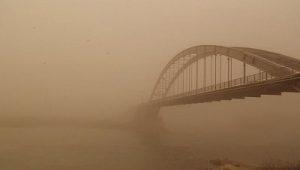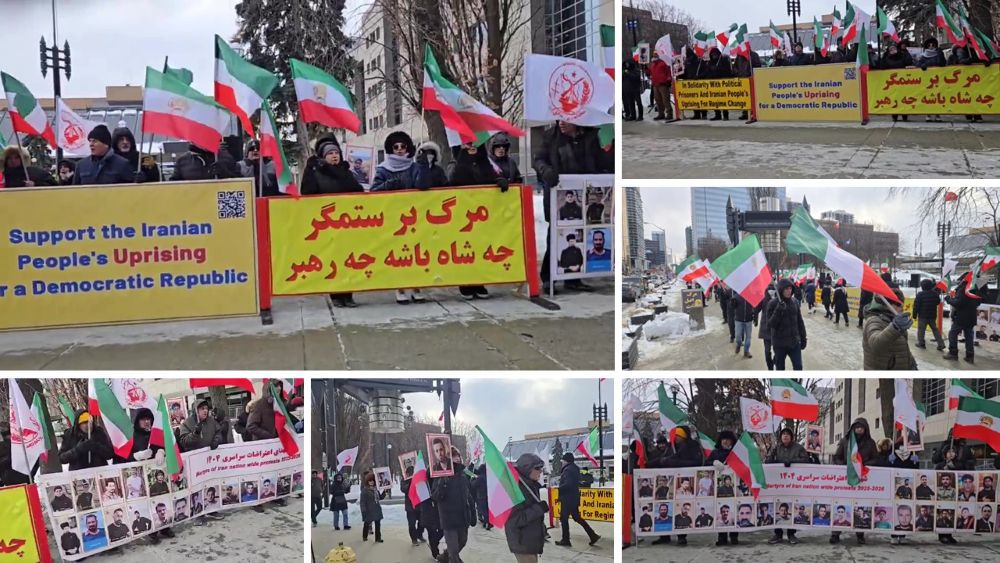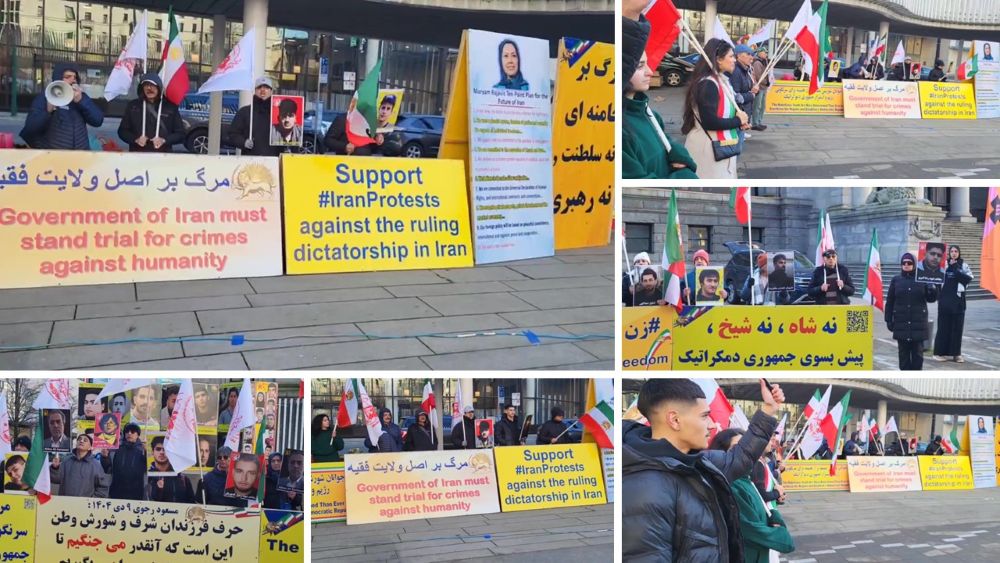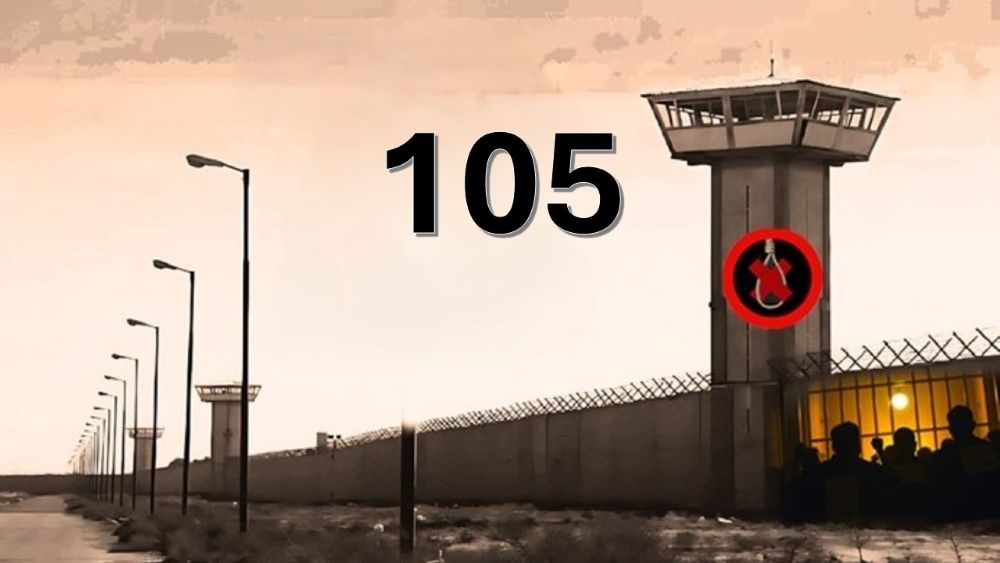Iran Events
Woman Expelled from Iranian University Just before Obtaining Degree Because She’s Baha’i
A young Baha’i woman was expelled from Iran’s Islamic Azad University in the city of Isfahan one semester before completing her bachelor’s degree in architecture because of her religious beliefs.
“Sarir Movaghan had declared she was a Baha’i in the university enrollment form and got accepted without a problem, but four years later just before her final exams, she was expelled even though she had not tried to preach her religion during school years,” a source close to Movaghan’s family informed the Center for Human Rights in Iran on July 26, 2018.
The 23-year-old had been enrolled in the university since 2014.
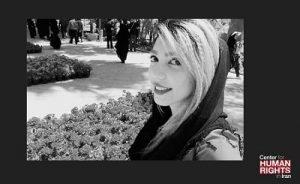
Nine Years After It Was Drafted, Iran’s Parliament Begins Debating Child Abuse Bill
A bill drafted nine years ago in Iran to combat child abuse is finally being debated by Parliament following a number of recent abuse cases widely covered by the media.
On July 24, 2018, lawmakers overwhelmingly approved the outline of the Bill For the Protection of the Rights of Children and Youth, which is intended to protect minors from violence, abuse, and harassment. Experts have criticized the bill for lacking solid enforcement mechanisms.
In October 2017, Iran-based attorney Nemat Ahmadi, who specializes in child abuses cases, told CHRI that the state is unlikely to enforce the bill once it becomes law.
Some MPs Claim Other Issues Should Be Given More Priority
Iran renounced the non-binding guidelines after the supreme leader forbade them from being implemented in Iran’s education system following a smear campaign launched by religious conservatives and hardliners.
Public concerns about the lack of mechanisms for enforcing child protection laws arose in January 2018 when Saeed Toosi, a well-known Quran reciter, was acquitted of child abuse charges after initially being sentenced to four years in prison in 2016.
The office of the supreme leader reportedly intervened in favor of Toosi before he was acquitted.
Other disturbing stories have also brought the issue into the limelight.
On July 24, 2018, the day the draft bill was passed, Ehya News published a report about a girl named “Negar” in the city of Karaj who had been abused all her life but her father.
The state-run Islamic Republic of Iran (IRIB) broadcasting organization had aired a similar report two months earlier.
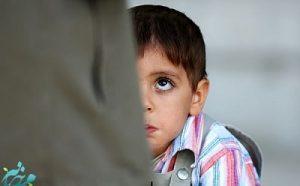
Paper Crisis and Bankruptcy of Newspapers in Iran
The heads of Iran’s newspaper are unhappy with the expensiveness and the consequent lack of paper in Iran; they warn that the newspapers will either have to have their page numbers reduced, or even worse, shut down entirely. Because within just two months, the price of paper has gone up by 4000 Toman per kilo.
Many news outlets, particularly those not run by the state, are now on the verge of a breakdown; for instance, “Hambastegi” has had to shut down due to financial problems; “Hamshahri” and “Sazandegi” have had to remove 8 pages from their publications due to the ongoing economic issues; “Sharq” has had to close down altogether; and “Haft-e-Sobh” has had to increase its prices to make up for the high costs.
These days, it’s very rare to find papers that match the national currency, in Iran’s markets. Non-governmental media outlets are all at a crossroad: to cease their publications, or, to increase their prices; with the difficult circumstances revolving around paper on one hand, and the lack of trust in its management on the other, most outlets are opting for the first option (i.e., to close-down).
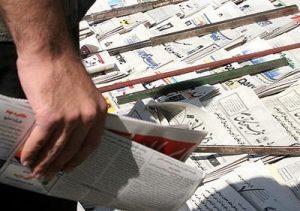
State Mafia Swindling Iranian Truck Drivers
While the second round of Iranian trucker’s nationwide strike staged from Monday July 23, 2018, is spreading day by day, state-run Tabnak website reveals regime’s incapability to resolve truck drivers’ issues. “Two months after truckers staged a strike, their problems are still in place unresolved, with officials being unable to take acceptable and satisfactory steps towards addressing truckers’ concerns; an undeniable fact that proves a great part of earlier promises have been no more than paying mere lip service,” writes the website in an article titled ‘despite earlier promises, truckers’ concerns are still in place’ on July 22, 2018.
Started from May 22, 2018, and lasting for 11 consecutive days, the first round of truckers’ strike kicked off with truck drivers in seven provinces refusing to carry cargo. The strike soon spread to 274 more cities and turned into a nationwide protest.
Faced with huge dimensions of truck drivers’ first round of nationwide strike, the regime was eventually forced to make some concessions after unsuccessfully deploying all types of repressive measures. The concessions included a 20 percent increase in transportation fees, lowering transport companies’ commission rates down to 12-14 percent, and stopping the usage of the controversial ‘SEPAHTAN’ tracking system in trucks.
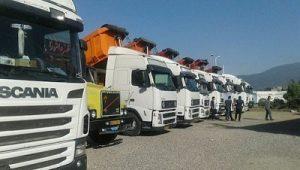
Iranian Sunni leader makes appeal to Iraq’s top Shiite cleric
Prominent Iranian Sunni leader Molavi Abdul Hamid sent a letter July 21 to Iraq’s top Shiite cleric, Ali al-Sistani, regarding the unequal status of Sunnis in Iran.
In his letter, Abdul Hamid wrote that Sunnis in Iran are facing “extreme sectarian discrimination” amid “the absence of religious freedom,” the lack of “Sunni elites in public positions” and “imbalances between Shiites and Sunnis in Sunni areas.”
Sunnis are “prevented from building mosques in Tehran,” he wrote, and “holding Friday and Eid prayers in Tehran and other major cities.”
For decades now, Sunnis have been calling for the construction of a Sunni mosque in Tehran. However, Iranian authorities are impeding such a move, as they fear a Sunni mosque would turn into a political center opposed to the Shiite-led Islamic republic. The Iranian authorities also fear that such a religious center in Tehran would be exploited by Iran’s regional opponents, namely Saudi Arabia.
Abdul Hamid called on Sistani to use his influence to help end the suffering of Sunnis in Iran, which his letter indicated has been occurring for four decades.
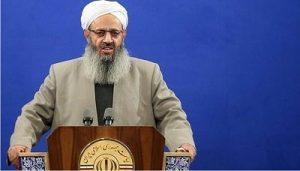
Religious Freedom Anathema in Iran
U.S. Ambassador for International Religious Freedom Sam Brownback said, “Iran has been one of the worst countries in the world on religious persecution.
The recent Ministerial to Advance Religious Freedom, hosted by the United States in Washington, discussed ways to combat religious persecution and ensure greater respect for religious freedom. Among the topics of discussion was Iran.
In an interview, U.S. Ambassador for International Religious Freedom Sam Brownback said, “Iran has been one of the worst countries in the world on religious persecution:”
“If you’re anything but a Shia Muslim in that country, you do not have religious freedom. If you’re a Sunni, if you’re a Baha’i, if you’re a Christian, if you’re a Jew, if you’re a Zoroastrian, any of those, you do not have religious freedom.”
Secretary of State Mike Pompeo described an example of religious persecution in Iran, this time of a Sufi, during his recent speech at the Reagan Presidential Library in California:
“Last month, a simple man, a bus driver, a father of two children, and a member of the Iranian Gonabadi Sufi Dervish Community, was convicted and sentenced to death. His sentence came on questionable grounds following violent clashes between security forces and the Dervishes…He was reportedly denied access to a lawyer before and during his grossly unfair trial…Sadly, on June 18th, the regime hanged Mr. Salas in prison.”
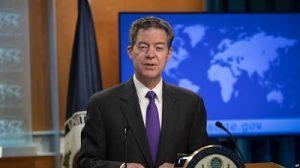
Iran’s Economic Crisis Worsens As Central Bank Is ‘Closely Watching’
The Central Bank of Iran has attributed unprecedented hype surrounding the country’s forex and gold markets “mainly to enemies,” adding that the increase in gold prices and rate of exchange of foreign currencies has nothing to do with Iran’s “economic realities.”
A statement released by the bank on July 29 said, “Recent developments in the gold and forex markets are part of the conspiracies hatched by the country’s enemies in order to agitate the economy and rob the people of their psychological security,” adding that the bank is “closely watching the developments.”
In the meantime, the Iranian judiciary has announced the arrest of 29 individuals on charges of disrupting markets, adding that more arrests are under way.
On July 29, the rate of exchange for the U.S. dollar crossed the 100,000 rial milestone and even neared 110,000 rials in the afternoon, while the price of standard gold coins reached over 40 million rials, the Iranian media reported.
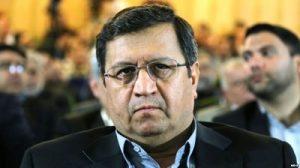
Khuzestan caught in the crises of water, air, and fire
Government bureaus and banks were shut down due to severe smoke from a wildfire in Hoor-Al-Azim wetland. Keep in mind that this is happening in a province, which is used to far-beyond-standard environmental pollutions. The World Health Organization has twice announced in 2011 and 2013 that Ahwaz is the most polluted city in the world. Since then, the situation has only worsened. This year the air pollution of Ahwaz reached the record of 60 times higher than safe levels.
Situated in the southwest side of Howeizeh, on Iran-Iraq border, Hoor Al Azim literally means “the huge wetland.” With an area of 1180 km2, it is the largest wetland in Khuzestan and one of the largest in Iran. It used to be extremely rich in plant and wildlife and enjoyed the international attention. Now, it is on the verge of annihilation.
One of the main elements of this destruction is the Iranian regime’s oil company, breaching rules, regulations, and responsible norms of conduct. They conducted a campaign of drying the wetland. More than half of the Iranian section of Hoor Al Azim has been annihilated. There were dozens of villages on the borders of the wetland who made a living out of the wetland and its aquatics. Drying of Hour Al Azim has resulted in unprecedented haze storms throughout Khuzestan.
